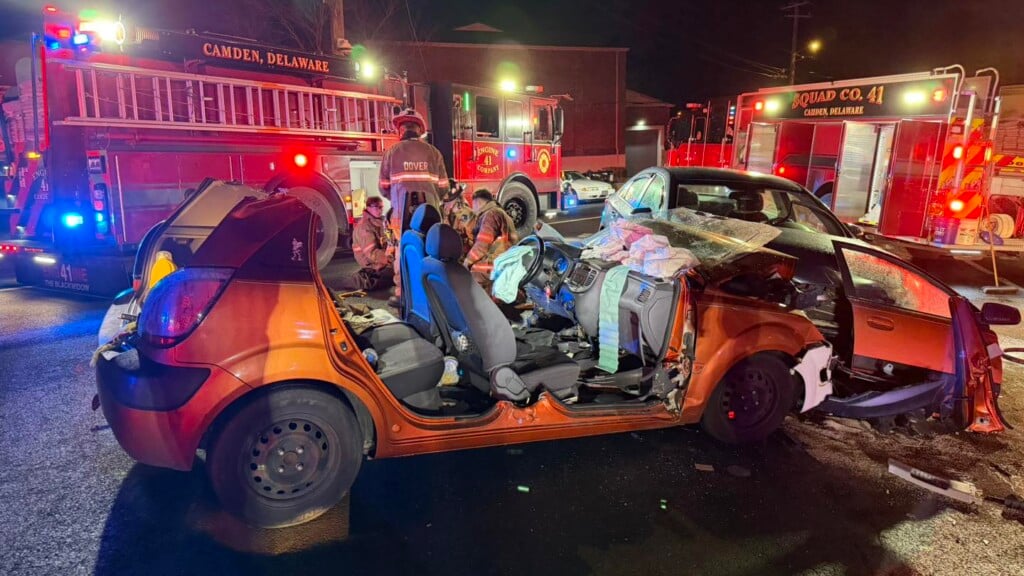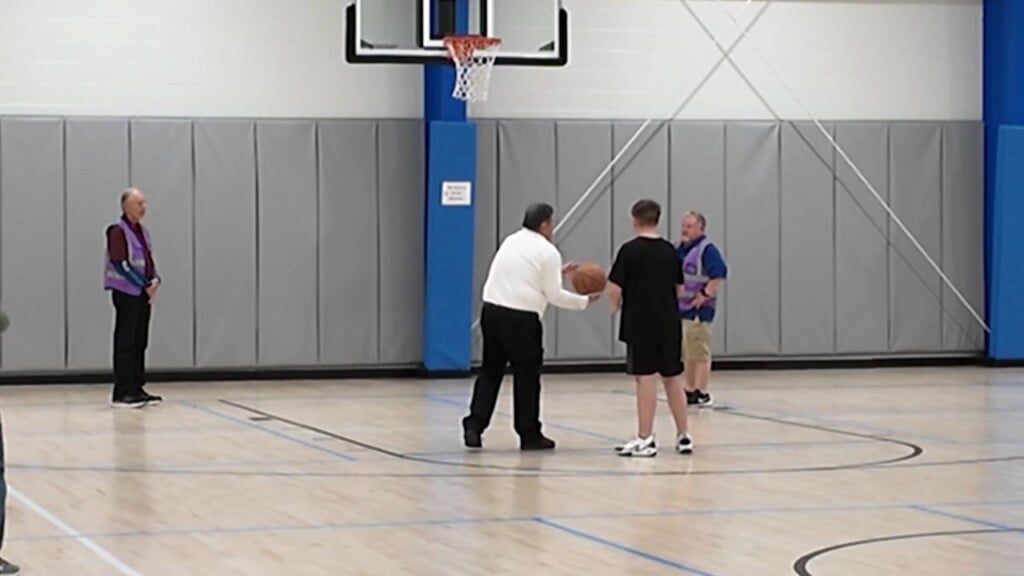Witnessing War: Local family reflects on war in Gaza, toll it’s taken
OCEAN CITY, Md. – It’s been a year since the war in Gaza broke out and for the last 12 months, three local Palestinians, Riyad, Samaher and Asil Omar, have watched the war unfold in a place they call home.
But to understand how the war in Gaza reopened wounds from over 20 years ago and left its mark on this family, we have to start at October 7th, 2023.
“I think when October 7th happened, it kind of got tied to 9/11. You heard that all over the news, over and over again, this is our 9/11; I felt like here we go again, you know,” Samaher said.
From the West Bank to the United States
The Omar’s story starts in the West Bank of Palestine, where Riyad grew up under the Israeli occupation. Later, settling in the US, raising four kids in West Ocean City with his wife, Samaher, both never forgetting their roots.
They’ve taken trips to visit family, attended weddings, and even had dreams of one day building a home in Palestine to eventually retire. On October 7th, 2023, all of those dreams came to a halt, as the country fell under a brutal war.
“These people that are going through this, it’s not just the people of Gaza, it’s the Palestinians in the West Bank. They’re videotaping their lives being destroyed,” Samaher said.
War Takes its Toll
In the early days of the war, the Omars were glued to their phones, watching violent videos of bombs dropping on homes and Palestinians being trapped under rubble.
They’re Images that Samaher said stuck with her and plague her life with feelings of helplessness.
“It’s definitely survivor’s guilt. Just doing the most simple things like putting my daughter to sleep, being able to drive to work safely, being home and knowing my kids are safe, those are the simple things in life that every human being, every household has the privilege to have,” Samaher said.
To understand how survivor’s guilt works, WMDT sat down with mental health expert, Dr. Michael Finegan, who’s done extensive research on the impacts and implications of war.
He said no matter the proximity to a war zone, survivor’s guilt can take on a world of its own in a person’s life and can feel unbearable.
“Survivor’s guilt is very individualized. An individual that feels that they can do more, so they’re seeing suffering, but they feel powerless to do anything about it,” Dr. Finegan said.
During our interview, we asked Dr. Finegan to weigh in on some of the experiences the Omars shared with WMDT.
Riyad: “I don’t know how to say it, but it’s like seeing all those images come in from there, it’s like you’re watching a movie, it’s just a horror movie. Seeing all these kids, and these women, I mean you think about, what if these were my kids or this was my wife, or this is my family?”
Dr. Finegan: “One of the factors that influence’s people’s reaction in a war-torn area is the degree of which they can identify with victims. If you have a 7-year-old child and you see a 7-year-old child dead, that is clearly one of the factors that tends to create more post-traumatic stress disorder, more behavioral disturbances.”
And Dr. Finegan said from those behavioral disturbances, vicarious trauma can develop, making you experience lingering feelings of anger, sadness and self-doubt.
Asil found some solace in activism, like boycotting companies that send money to Israel and protesting on the Ocean City boardwalk. Yet, despite these small wins, she said the reality of what’s going on in Palestine is always at the forefront.
“Feeling like there’s not much to do with them being so far away and seeing not as big of a reaction to what’s going on as one would think would be warranted for what’s going on, so frustrations the biggest feeling for sure,” Asil said.
Fighting a War from Afar
While the Omars have been watching the war in Gaza unfold for a year, they’ve simultaneously been fighting their own battle in the US.
Like Samaher said, many people tied the October 7th attacks to 9/11. Simple things like wearing a hijab or cultural garb, all customs of Palestinian culture, can put a target on a Muslim person’s back.
Samaher: “You’re always thinking when you go out, you have to be careful, you have to be aware of who’s around you or who might want to do harm to you or your kids. It’s not the best way to live, but we’ve kind of become accustomed to it,” Samaher said.
Dr. Finegan: “This is where people generalize and over generalize, every Muslim is a terrorist, that’s not true. When you have a population that is more isolated or less educated, has not had the opportunity to see the broadness of the world, there are those reactions, and that’s where we educate,” Dr. Finegan added.
Samaher believes education is the first step in understanding the toll this past year has taken on many Muslims living in the US.
“I encourage anybody that has questions about what’s going on in Palestine– there’s plenty of Palestinians in this area– just ask questions. Look up the history of the Palestine occupation, it’s enlightening, and you’ll find out what’s really going on over there,” Samaher said.


